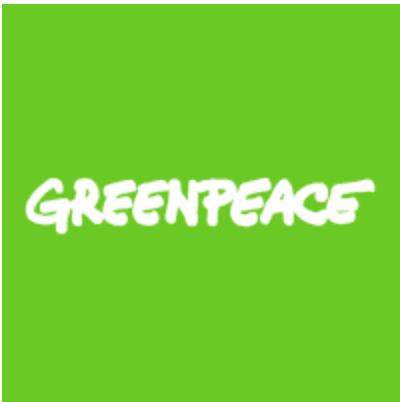
Greenpeace says the Dairy Industry’s new “action plan” on climate change is completely lacking in any form of serious action.
It‘s a charter to keep doing sweet nothin’ about the biggest problem facing New Zealand and the world, says campaigner Amanda Larsson.
One of New Zealand’s biggest polluters – the Dairy Industry – produces half of our agricultural greenhouse gases, responsible for 50 per cent of the country’s overall emissions.
The dairy leadership has been given a free pass on the Emissions Trading Scheme which is the Government’s only way of trying to control the problem.
Today’s so-called action plan commits itself to “climate change workshops” and “discussion groups” but says nothing about any concrete actions to reduce emissions.
“This report is all talk and no trousers,” says Greenpeace campaigner Amanda Larsson.
“They used to outright deny climate change and do nothing. Now they accept it’s real but still want to do nothing.
“When Big Dairy says, ‘There are currently limited cost-effective options to reduce emissions’, they are deliberately ignoring the most obvious and most environmentally effective action that will cut emissions and pollution in general – reduce cow numbers.
“The Dairy Industry still wants more cows. Government funded big irrigation schemes are providing the means to increase and intensify the herd.
“The fact is that by cutting cow numbers there are a multitude of benefits – cleaner rivers, fewer costly inputs for farmers like PKE, fertiliser and irrigation, and less greenhouse gas emissions.
“Big irrigation is bad for the climate and it’s also bad for existing dairy farmers who are legitimately trying to clean up their farms. All their good work to reduce climate and water pollution will be cancelled out by additional pollution from new intensive dairy conversions created under these irrigation schemes.”
Dairy bosses and the Government keep ignoring the simplest and most effective way to reduce climate emissions and river pollution – fewer cows.
Greenpeace is advocating a switch to modern forms of farming which produce higher value products with lower stock numbers and less environmental pressure on the land, rivers and air.





A take trucks off the roads and put freight back on rail, as trucks damage our water as “road run-off pollution” from stock effluent and tyre dast along with exhaust pollution is a big toxic issue as the rain washes this toxic soup off the roads and into nour drains into streams and aquifers and into our water supplies and rivers/lakes.
Rail does not have tyres nor does it have large exhaust pollution to pollute the air, so get rail going again is a big winner for us all too.
Comments are closed.